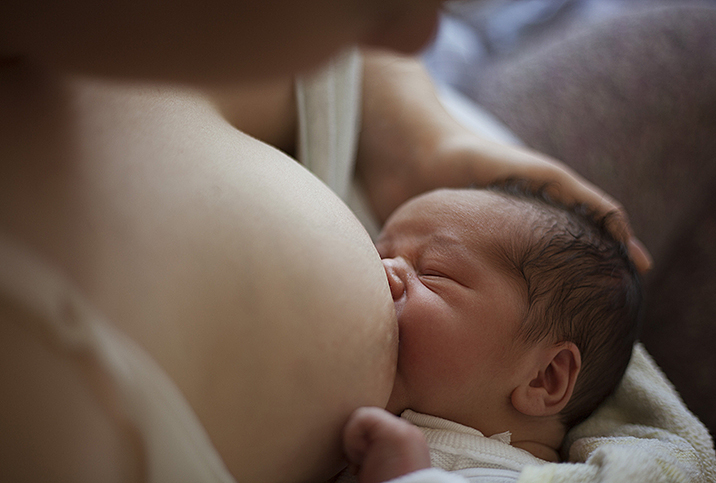Are You a Good Candidate for Breast Reduction?

For many women, having large breasts isn't an attribute—it's an affliction. Carrying the extra weight can cause all sorts of trouble, including chronic back pain, rashes and even numbness in the hands and fingers. Luckily, breast reduction surgery, or reduction mammoplasty, offers a solution for many busty women.
This procedure can feel like a weight is literally being lifted from your shoulders. Many women agree: In fact, more than 90,000 breast reductions are performed every year in America. If you're considering having surgery to reduce your breast volume for either cosmetic or health reasons, you are certainly not alone.
But is this procedure right for you? There are numerous conditions that can make a woman a good breast reduction candidate, including:
- Discontentment with heavy or large breasts
- Chronic pain caused by heavy breast weight
- Difficulty fitting into bras and clothing
- Painful shoulder creases from bra straps and/or under-breast rashes
Here's everything you need to know about being an excellent candidate for breast reduction.
Should I consider breast reduction?
The first step in understanding if a breast reduction procedure is right for you is figuring out why you want to have it in the first place. Are your large breasts negatively impacting your life? Are they causing discomfort? Some questions to ask yourself when you're considering a breast reduction include:
- Are your breasts out of proportion with the rest of your body?
- Is one breast significantly larger than the other?
- Do your breasts cause you physical discomfort?
- Do full-support, wide-strapped bras help ease the chronic pain?
- Has physical therapy helped?
- Are you in generally good health?
- Do you have realistic expectations or do you expect perfection?
If you've answered "yes" to most of the above questions, you are an excellent candidate and should consider a breast reduction.
Who is not an ideal candidate for breast reduction?
A breast reduction may not be the best option for you if:
- You're currently pregnant, breastfeeding or have recently stopped breastfeeding
- You smoke cigarettes or vape
- You are morbidly obese
- You have a blood clotting disorder
- Your wounds don't heal properly
- You recently received an abnormal mammogram
- You have unrealistic post-procedure expectations
- You have a critical infection or illness
It's always a smart idea to schedule an appointment with your primary care doctor to discuss alternative treatment options. These can include physical therapy, wearing supportive bras, liposuction breast reduction, weight loss or a breast lift procedure.
What to expect during your breast reduction journey
First, you will meet with a board-certified cosmetic surgeon to discuss your procedure. The breast reduction surgery will be performed in an outpatient surgery or hospital setting. You'll receive either general anesthesia to be asleep during the procedure or regional anesthesia to lessen the discomfort during surgery.
The surgeon will perform the breast reduction by making a large incision around your areola and underneath your breast. Minimally invasive breast reduction procedures involve the surgeon making small incisions around the base of your breasts or armpit region.
Expect to stay overnight at the hospital. In some cases, you'll be allowed to go home the same day of surgery.
If you're considering having surgery to reduce your breast volume for either cosmetic or health reasons, you are certainly not alone.
For several weeks following the procedure, you'll need to wear a surgical support bra to minimize swelling while your breasts heal. Over time, you'll be able to return to your normal routines and activities. Your recovery time will fall between several weeks to a month.
Some women report having prolonged scarring and decreased nipple sensation. However, more than 95 percent of patients are typically satisfied with their procedure.
If you're ready to boost your quality of life, breast reduction could be the answer. Book a consultation with your physician or a plastic surgeon to learn more.

















